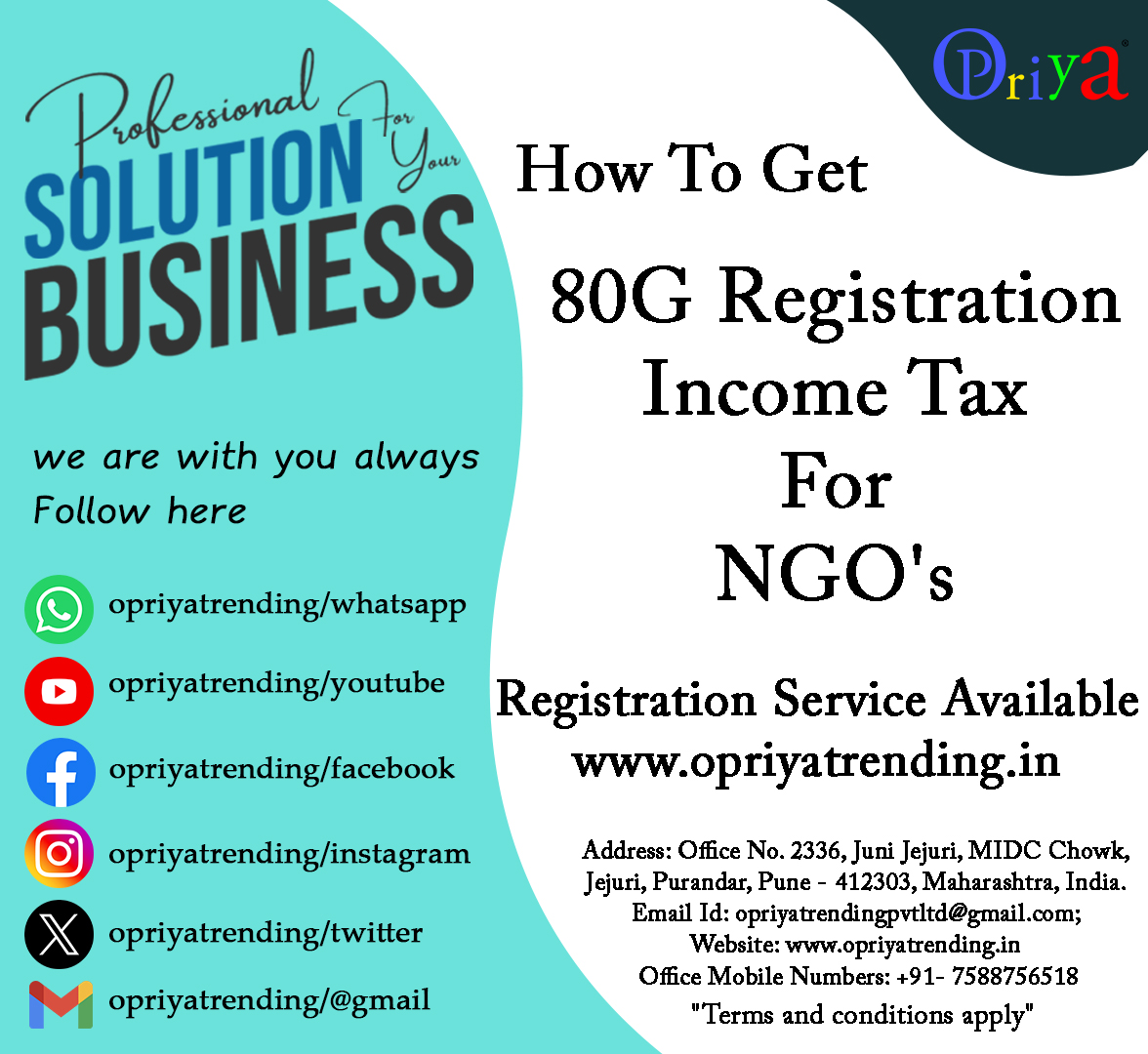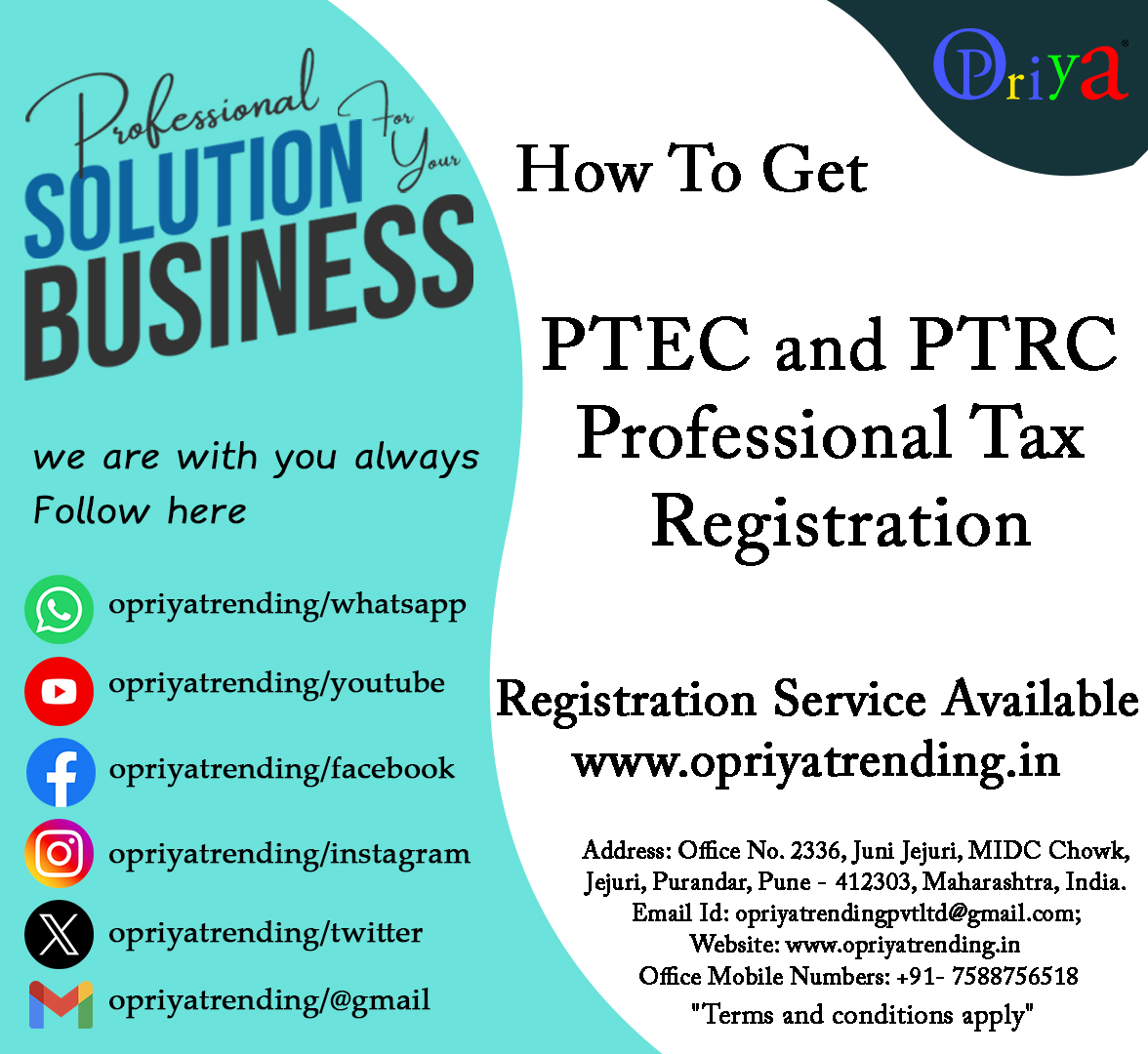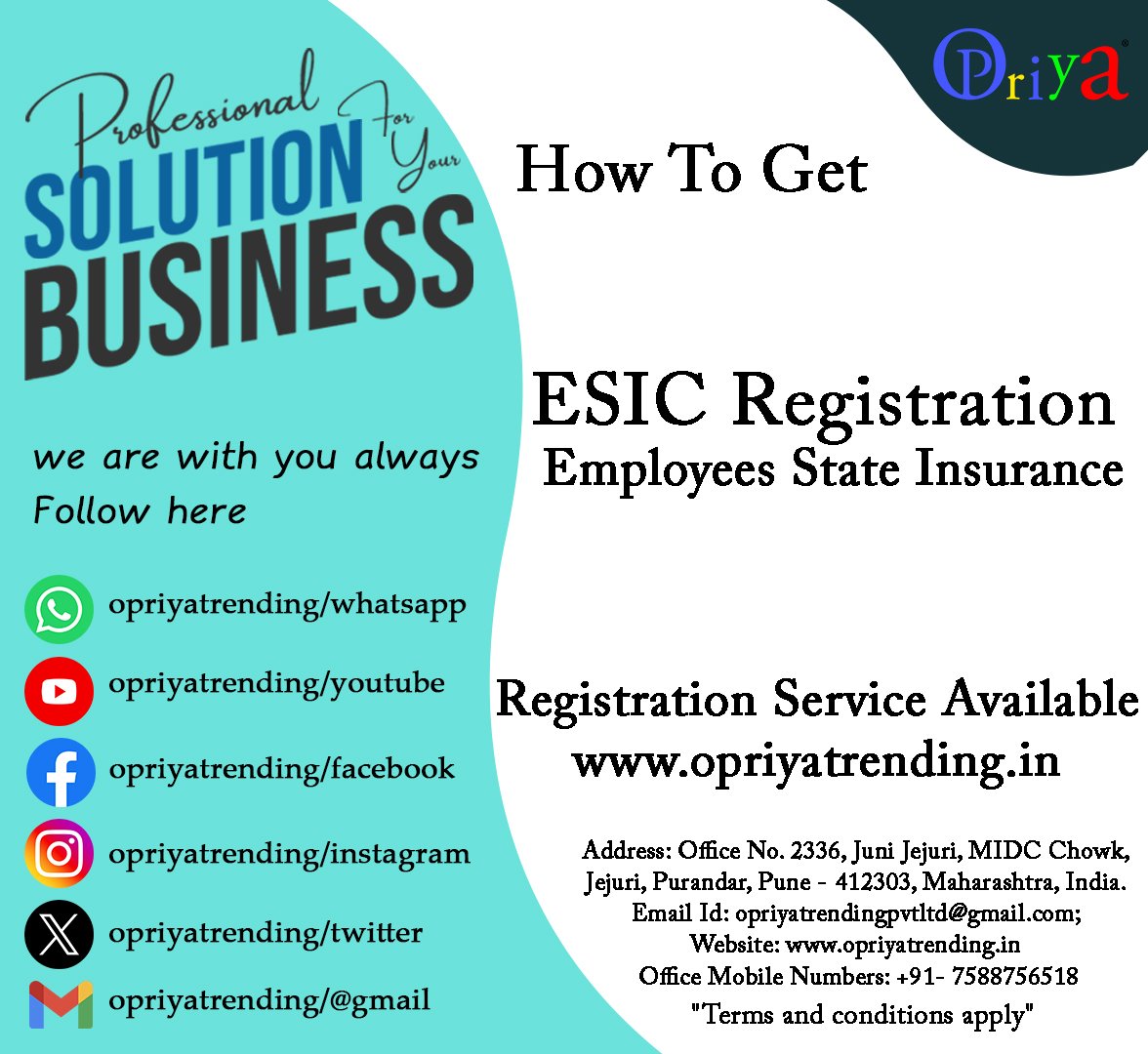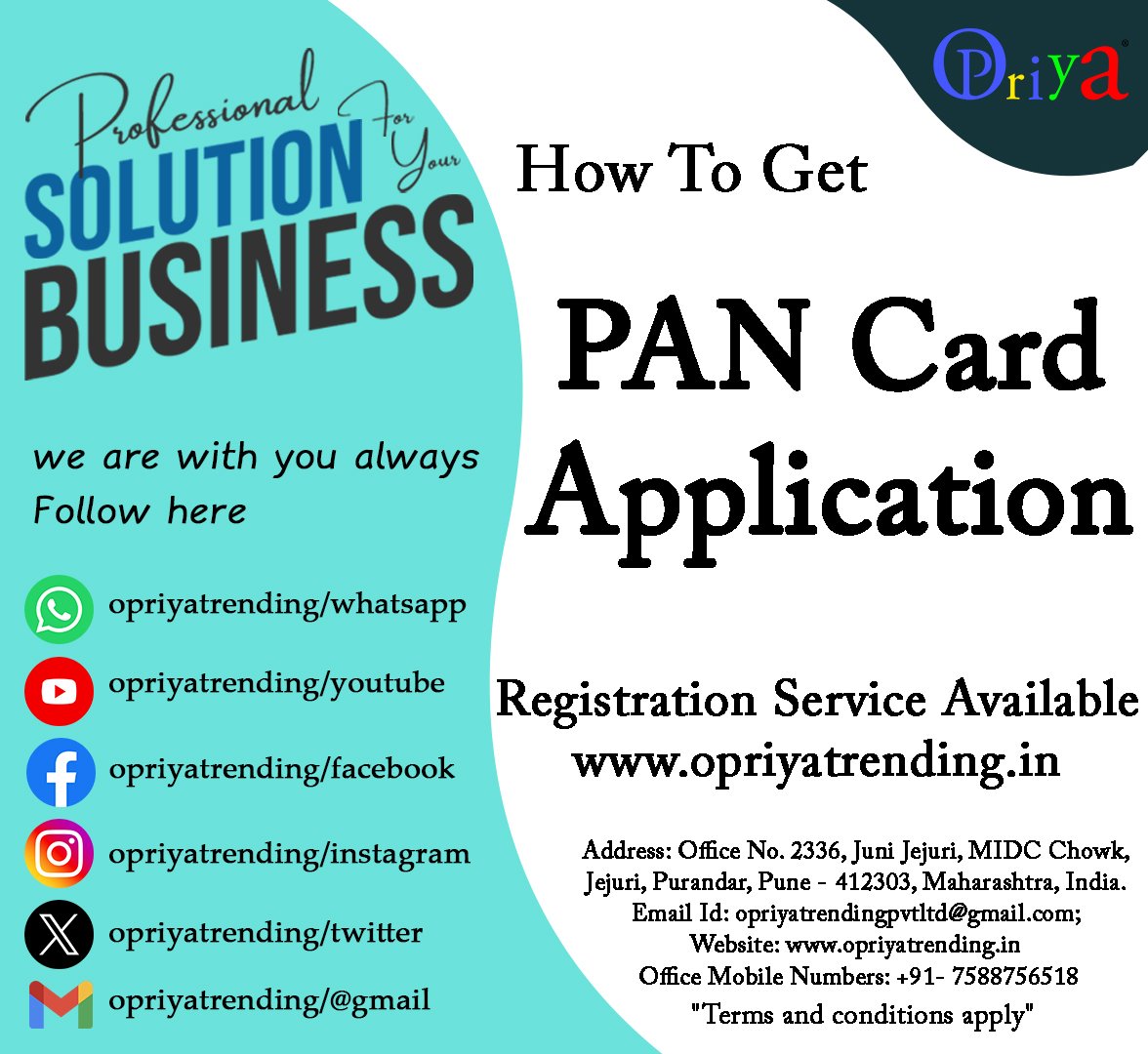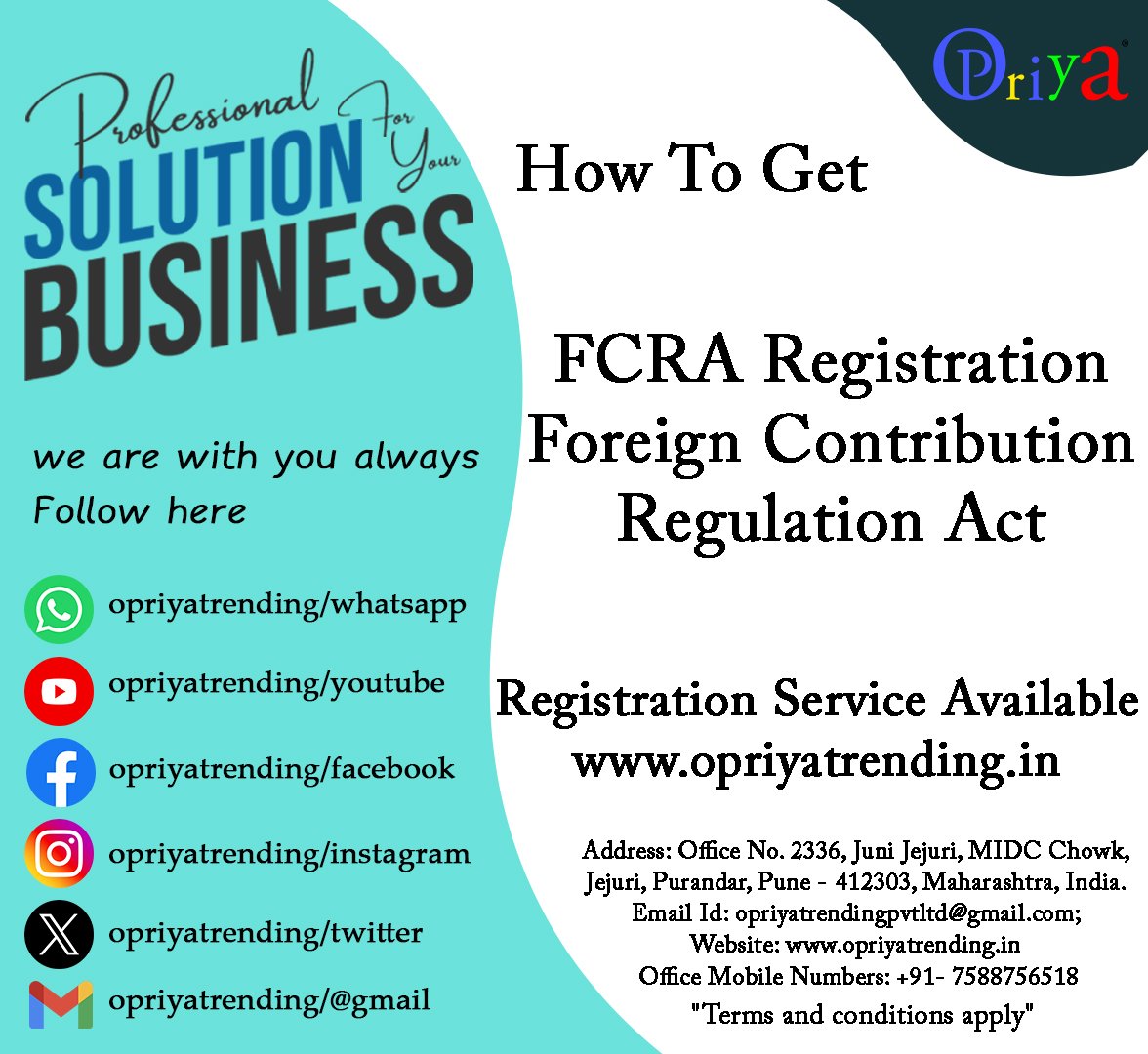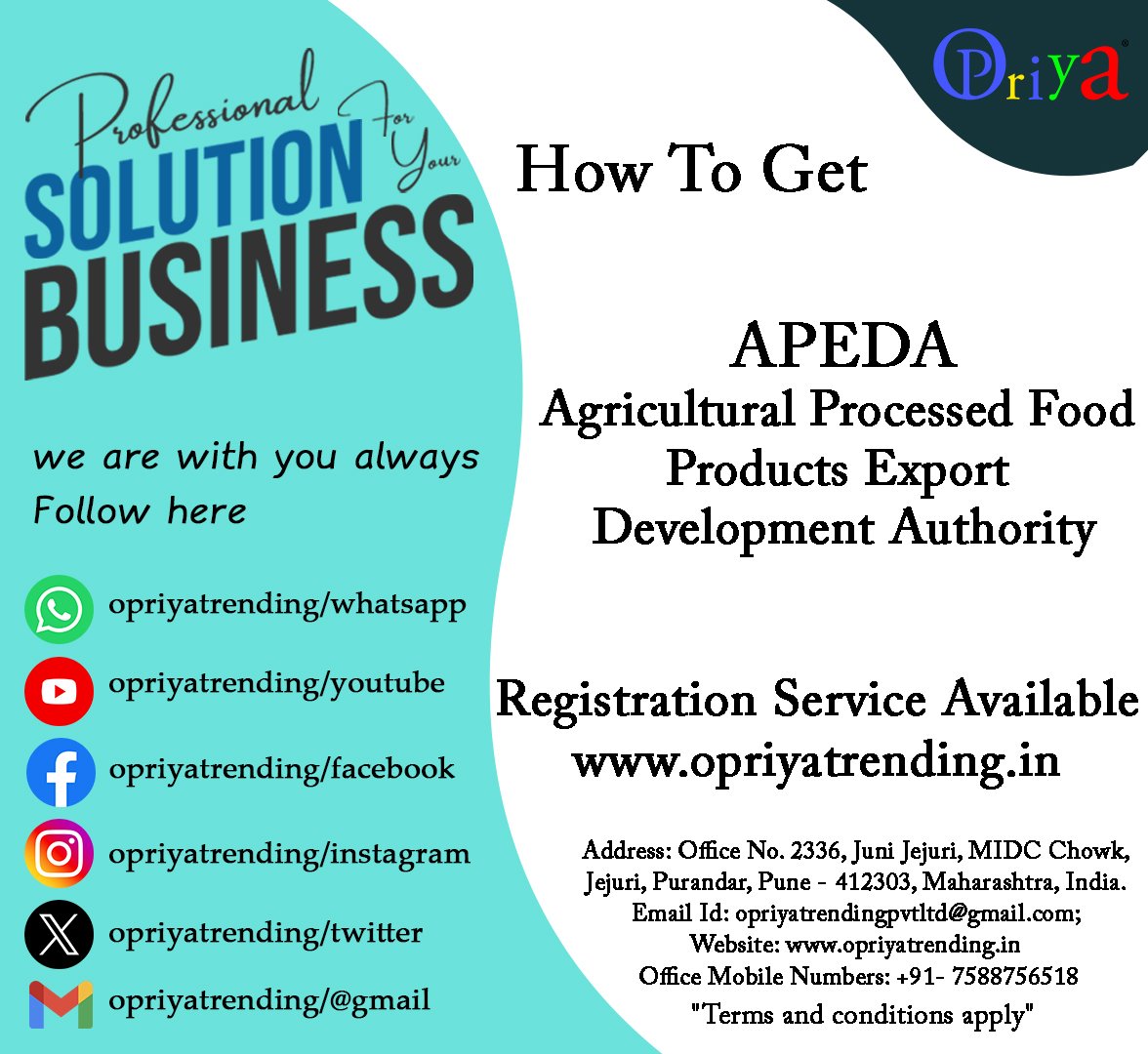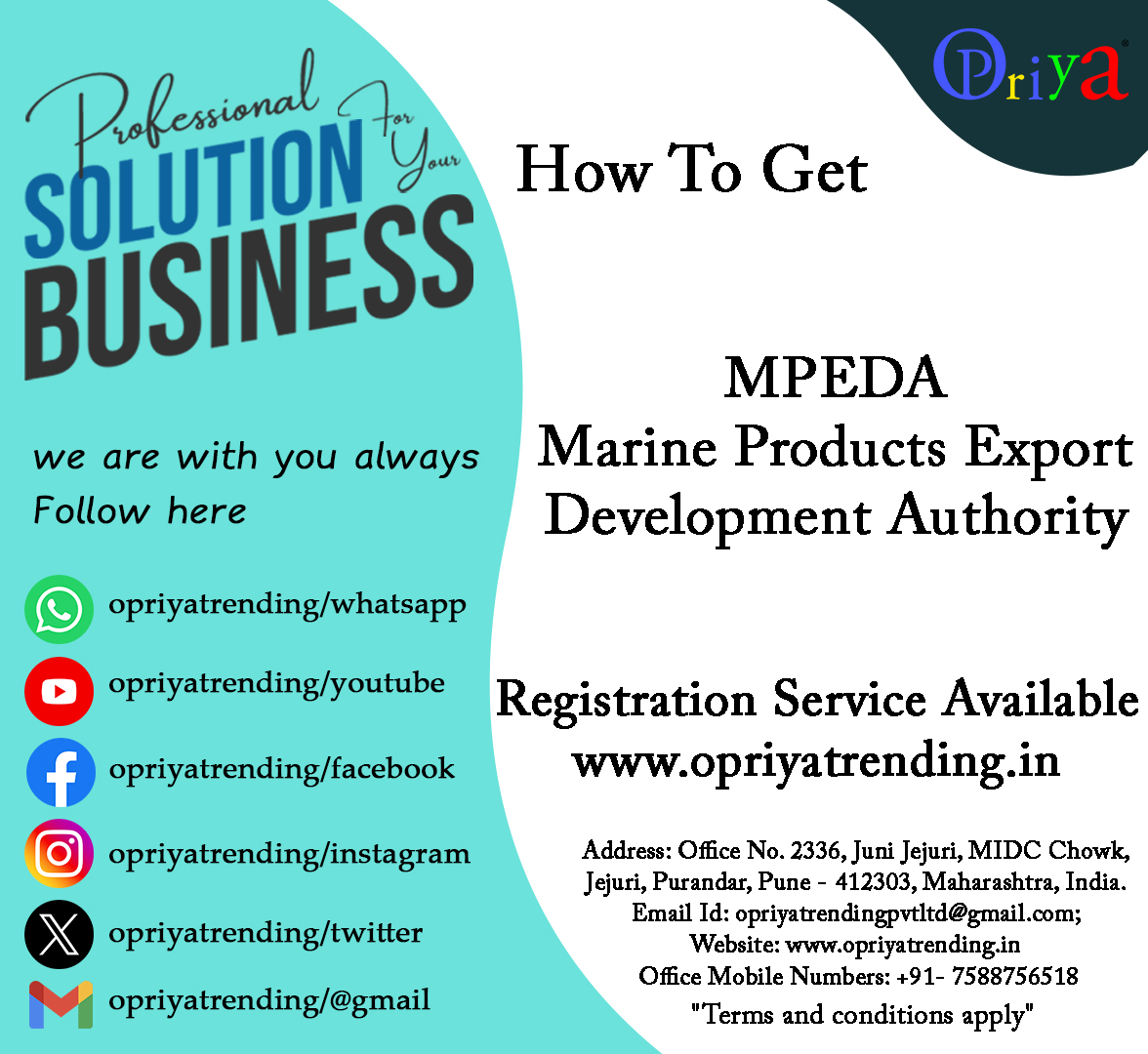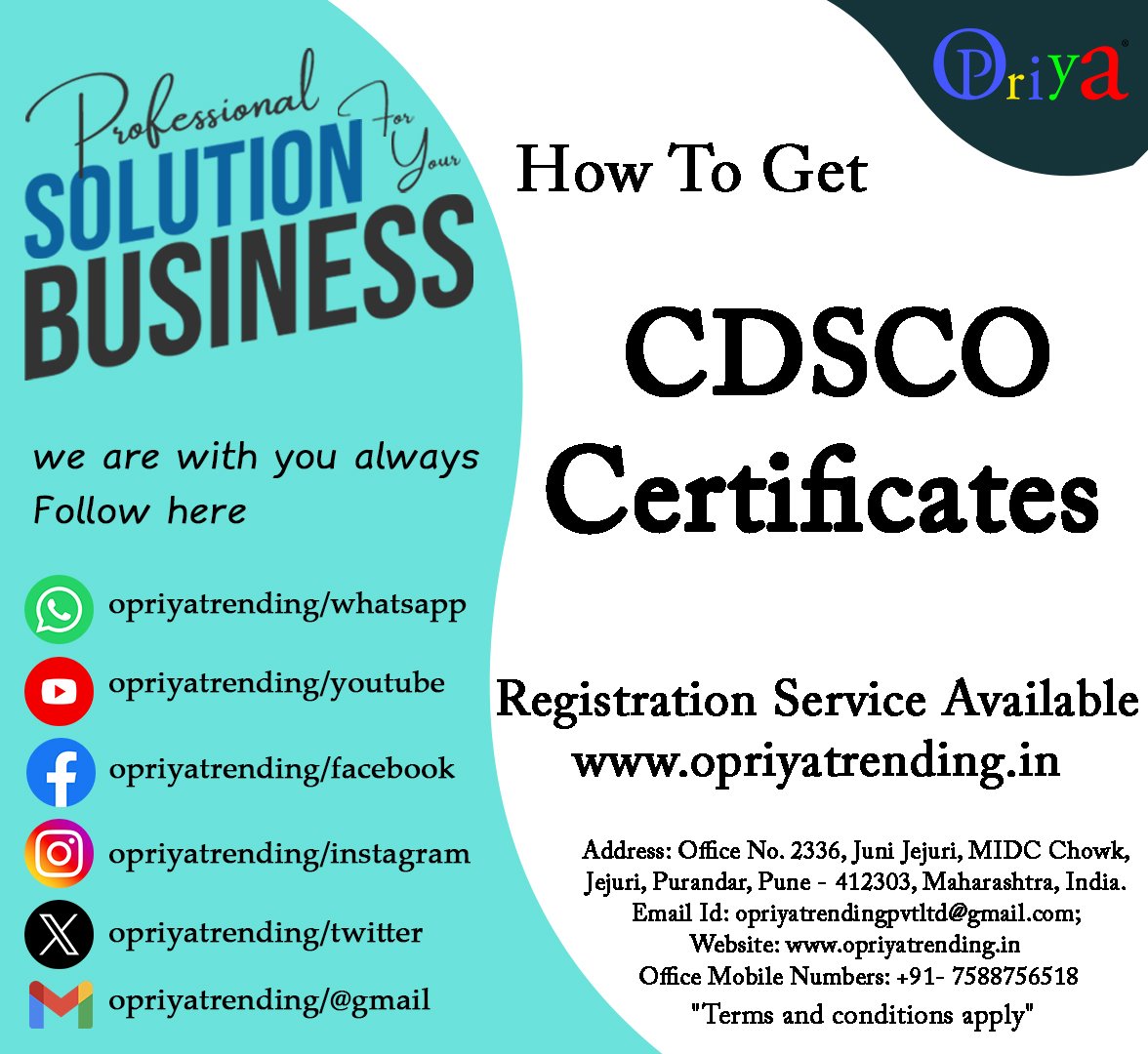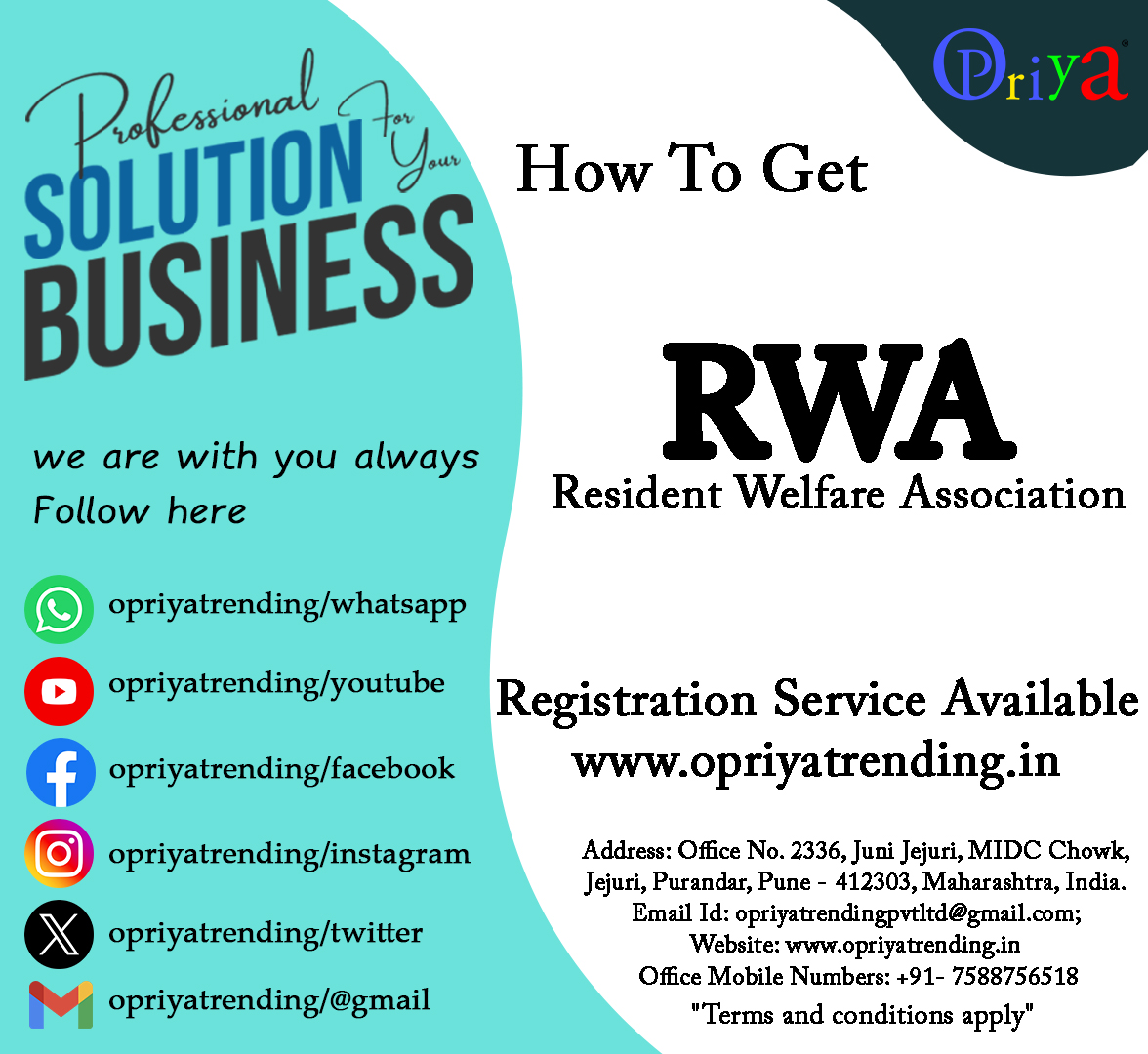HACCP Certification
Table of Contents
1. Introduction – HACCP Certification Overview
HACCP Certification (Hazard Analysis and Critical Control Points) is a systematic preventive approach to food safety. It identifies potential hazards and implements control systems to ensure food is produced safely. Originally developed by NASA to ensure food safety in space missions, it has evolved into the global standard for food safety management systems.
Today, HACCP Certification is not just for large multinational companies. Small to medium enterprises, restaurants, and food packaging companies across the globe pursue this certification to enhance their credibility and quality assurance. With the Food Safety and Standards Authority of India (FSSAI) strongly recommending HACCP Certification, businesses that embrace this system early are setting themselves apart.
The certification helps in identifying biological, chemical, and physical hazards in production processes. Once identified, the hazards are controlled through rigorous monitoring at critical points.
Partnering with a trusted provider like O’Priya Trading Pvt Ltd means you are guided through every step, from documentation to audit preparation. HACCP Certification is more than a badge; it is a promise of quality and safety to your customers.
2. Types of Licenses Offered
HACCP Certification varies based on the food sector and size of operation. Here are the main types:
a) Basic HACCP Certification
Ideal for small-scale food producers, retail outlets, and catering services. It covers foundational HACCP principles and ensures minimal risk.
b) Intermediate HACCP Certification
Recommended for mid-sized manufacturers and processors. It includes hazard identification, control points, and record-keeping.
c) Advanced HACCP Certification
Tailored for large-scale manufacturers, exporters, and those supplying global markets. This involves extensive audits, documentation, and continuous monitoring.
d) HACCP Plus ISO Integration
Combines HACCP with ISO 22000 or FSSC 22000 for a comprehensive Food Safety Management System (FSMS).
O’Priya Trading Pvt Ltd offers guidance for all types of HACCP Certification, ensuring you apply for the license best suited for your operations.
3. Who Needs These Services?
HACCP Certification is essential for a wide range of industries. If you’re part of the food value chain, chances are you need it.
Eligible Businesses:
- Food Manufacturers & Processors
- Restaurants, Cafes & Cloud Kitchens
- Packaged Drinking Water Suppliers
- Dairy and Meat Processing Units
- Food Storage & Cold Chain Units
- Food Exporters and Importers
- Bakery, Confectionery & Snack Makers
Example: A small bakery in Mumbai looking to expand into retail supermarkets will need HACCP Certification to meet quality assurance criteria. Similarly, a food exporter in Kerala supplying Europe or the US must show compliance with international safety standards.
No matter your scale or specialty, HACCP Certification is your gateway to trust and long-term sustainability.
4. Why Choose O’Priya Trading Pvt Ltd?
O’Priya Trading Pvt Ltd has been a beacon of reliability for businesses seeking government and food safety certifications. Here’s why clients trust us:
a) Expertise You Can Rely On
Our consultants are trained professionals with years of experience in food safety regulations and documentation.
b) Hassle-Free Registration
We handle the complexities of audits, forms, and guidelines so that you can focus on running your business.
c) End-to-End Support
From choosing the right type of HACCP Certification to the final audit, our team walks with you.
d) Affordable Pricing
Our packages are budget-friendly with zero compromise on quality and transparency.
e) Guaranteed Timelines
We don’t delay. We promise and deliver certifications within stipulated deadlines.
With O’Priya Trading Pvt Ltd, you’re not just applying—you’re applying with full confidence 2025.
5. Registration Process
The process of obtaining HACCP Certification may seem overwhelming, but with the right guidance, it’s straightforward. Here’s how we at O’Priya Trading Pvt Ltd make it easy for you:
Step 1: Initial Consultation
Understand your business type, assess HACCP level required, and align it with your goals.
Step 2: Documentation Preparation
We assist you in creating required HACCP manuals, risk assessments, and standard operating procedures (SOPs).
Step 3: Hazard Analysis
Identification of biological, chemical, and physical hazards in your food production cycle.
Step 4: CCP Identification
Determine Critical Control Points (CCPs) where risks must be controlled.
Step 5: Establish Limits & Monitoring
Define thresholds for CCPs and implement continuous monitoring strategies.
Step 6: Verification & Validation
Ensure that your HACCP system is functional and meets expected outcomes.
Step 7: Internal Audit
Our experts conduct a pre-certification audit to check for readiness.
Step 8: Final Audit by Certifying Body
We arrange a visit from an accredited certification agency for the official audit.
Step 9: Certification Issued
Once passed, your HACCP Certification is issued and valid for three years (with annual surveillance audits).
Our streamlined registration ensures smooth and successful certification—apply with full confidence 2025!
6. Required Documents
Here’s what you’ll need to apply for HACCP Certification:
- Company PAN Card
Proof of business identity. - GST Registration Certificate
Essential for tax compliance. - FSSAI License
Mandatory license for food businesses in India. - List of Products Handled
Details of raw materials and final products. - Process Flow Diagram
Visual description of production stages. - Hazard Analysis Chart
Identifies risks and their control points. - Employee Training Records
Proof of staff training in food safety practices. - Premise Layout Plan
Blueprint of your production or kitchen facility. - SOPs and Quality Manuals
Documents that define daily operations and safety checks.
These documents are the backbone of your HACCP Certification. O’Priya Trading Pvt Ltd helps you compile and present them professionally.
7. Cost Involved (Professional Fees)
HACCP Certification costs can vary depending on the size of your operation and type of certification.
Basic HACCP: ₹9,999 to ₹15,000
Ideal for small businesses.
Intermediate: ₹15,000 to ₹25,000
Best for mid-level companies and food service providers.
Advanced/Export-Level: ₹30,000 to ₹45,000
For large enterprises and exporters.
Additional Costs:
- Surveillance Audit (Yearly): ₹5,000 – ₹10,000
- Documentation Assistance: ₹2,000 – ₹5,000 (one-time)
With O’Priya Trading Pvt Ltd, there are no hidden charges. We provide flexible payment options and clear invoicing.
8. Payment Refund Policy
We believe in complete transparency. Here’s our refund policy:
- Payment is Non-Refundable once the process has started.
- However, we offer a 30-day Money Back Guarantee if you cancel before documentation submission.
At O’Priya Trading Pvt Ltd, customer satisfaction is our core goal. We recommend reviewing all eligibility before payment. For any issues, our team is just a call away.
9. Terms and Policy
By availing of HACCP Certification services through O’Priya Trading Pvt Ltd, you agree to the following:
- All information provided must be truthful and accurate.
- Misrepresentation may lead to rejection of application.
- Certification timelines depend on client cooperation and submission of documents.
- All fees are non-refundable after documentation begins.
We strive to uphold industry transparency and legal integrity. For detailed terms, visit [opriyatrending.in].
10. Time Taken
On average, HACCP Certification timelines are:
- Basic Certification – 7–10 working days
- Intermediate – 12–15 working days
- Advanced – 20–25 working days
Time may vary depending on business readiness and document accuracy. O’Priya Trading Pvt Ltd ensures expedited processing.
11. Common Mistakes to Avoid
Many businesses fail to get HACCP Certification due to avoidable mistakes. These include:
- Inadequate Documentation – Missing flowcharts or SOPs can lead to rejection.
- Skipping Internal Audits – Leads to failure during final audit.
- Untrained Staff – Employee non-compliance results in poor implementation.
- Incorrect License Type – Applying for the wrong certification wastes time.
- Delaying Renewals – Causes penalties and compliance gaps.
Avoid these pitfalls and secure your HACCP Certification successfully. Trust O’Priya Trading Pvt Ltd to guide you right. Mistakes can be costly—choose excellence.
12. Call-to-Action
📞 Apply with Full Confidence 2025 for your HACCP Certification today!
📧 Email us: opriyatrendingpvtltd@gmail.com
📱 WhatsApp: +91 7588756518
📘 Facebook: facebook.com/opriyatrending
🌐 Website: opriyatrending.in
✅ Trusted by 500+ clients
✅ Fastest turnaround
✅ Professional support every step
Let us help you grow with guaranteed safety and compliance!
13. FAQs
Q1: What is HACCP Certification?
HACCP Certification ensures food safety by identifying and controlling risks during production.
Q2: Is HACCP Certification mandatory?
While not always legally required, it is often essential for regulatory and export approvals.
Q3: Who can apply for HACCP Certification?
Any food business, from bakeries to exporters, can apply.
Q4: How long is the certification valid?
Generally valid for 3 years with annual audits.
Q5: Can O’Priya help with documentation?
Yes, we provide end-to-end support including all documentation.
Q6: What happens if I fail the audit?
We help with corrective actions and prepare you for a re-audit.
Q7: How do I know which HACCP level I need?
Our experts will assess your business and suggest the best type.
Q8: Is there a digital submission process?
Yes, all documents can be submitted via email or WhatsApp.
Q9: Can I apply if I only have an FSSAI license?
Yes, but additional documentation and assessment are required.
Q10: Is there post-certification support?
Absolutely. We assist with surveillance audits and renewals.
O’Priya Trading Private Limited: All India License Registration Service Provider
In today’s complex regulatory landscape, obtaining licenses and regulatory approvals in India has become more essential than ever for businesses, institutions, and individuals. Whether it’s an arms license, FSSAI registration, company incorporation, or compliance with the latest government norms, having the right license determines your legitimacy, credibility, and operational capacity.
One company leading this transformation by providing seamless, reliable, and legally compliant license registration services across India is O’Priya Trading Private Limited. With a strong commitment to transparency, process efficiency, and client satisfaction, O’Priya Trading Pvt. Ltd. has emerged as a trusted name in the Indian licensing domain.
🔷 Company Overview
Legal Name: O’Priya Trading Private Limited
Nature of Business: License Registration, Compliance Advisory, Government Liaison Services
Operational Scale: Pan-India
Head Office: Registered in India, with service availability across all states and union territories
📞 Call-to-Action (CTA) – Apply Now with Confidence!
Ready to secure your Licence Apply with Full Confidence in All Indiaa?
👉 Contact Us Today!
📧 Email: opriyatrendingpvtltd@gmail.com
📱 WhatsApp: +91 7588756518🔗 Website: https://opriyatrending.in👍 Facebook: O’Priya Trading Pvt Ltd
Apply with Full Confidence in 2025.
🏛️ What Does O’Priya Trading Pvt Ltd Do?
O’Priya Trading Private Limited specializes in license registration services across India, offering a full range of end-to-end solutions to institutions, businesses, and individuals seeking regulatory permissions and licenses. From document preparation to submission, legal verification, and post-approval compliance, they serve as a single-window license consultancy provider.
🗺️ Pan-India Service Coverage
What makes O’Priya Trading unique is its all-India licensing facilitation network. Unlike regional agencies that operate within narrow jurisdictions, O’Priya has built an operational capacity to deliver services in every Indian state and union territory.
🌍 States Served Include:
- Delhi, Maharashtra, Uttar Pradesh, Gujarat, Rajasthan, Madhya Pradesh, Karnataka, Tamil Nadu, Kerala, Telangana, Punjab, Haryana, Assam, West Bengal, Bihar, Jharkhand, Odisha, Chhattisgarh, and more.
🏢 Cities with Active Clients:
- Mumbai, Pune, Delhi, Hyderabad, Bangalore, Kolkata, Ahmedabad, Chennai, Jaipur, Lucknow, Bhopal, Indore, Surat, Patna, and others.
Through a digital-first approach, coupled with experienced local legal liaisons, O’Priya ensures consistency in documentation, faster government approvals, and responsive client support.
💡 Why Clients Trust O’Priya Trading Pvt Ltd
1. ✅ Transparency & Ethics
🔒 100% Transparent | No Hidden Fees | Pan-India Services We believe in:
- Clear timelines
- Upfront pricing
- Honesty about payment policies (non-refundable, refundable, no surprises)
- Total confidentiality
2. 🧾 Documentation Expertise
Most license applications are delayed due to incomplete, incorrect, or improperly formatted documents. O’Priya’s legal consultants help you prepare foolproof documentation as per the latest formats demanded by regulatory bodies.
3. 🧑⚖️ Government Liaison
Whether it’s a district magistrate’s office, arms licensing authority, food safety department, or ROC office, O’Priya has built solid working relationships with relevant departments across states.
4. 🚀 Quick Turnaround
With strong process knowledge and digital tools, O’Priya delivers faster application submissions, consistent follow-ups, and streamlined approvals—ensuring minimal disruption to your business.
5. 💬 Client-Centric Support
They offer multi-channel communication: WhatsApp, email, video calls, and in some cases, in-person assistance. Clients are never left guessing about the status of their application.
📂 Service Flow: How It Works
Step 1: Free Consultation
Client reaches out via WhatsApp or email. A dedicated case manager responds with guidance and documentation checklist.
Step 2: Document Compilation
The team helps the client gather and format all required documents—identities, justifications, organizational registrations, etc.
Step 3: Application Filing
Forms are filled and submitted either physically or digitally, depending on the department’s workflow.
Step 4: Verification Support
Whether it’s a police inquiry or local office inspection, the team ensures you’re prepared and compliant.
Step 5: Approval & Delivery
Once approved, the license or certificate is collected and shared with the client via secure channels. Renewals and annual compliances are also managed, if opted for.
🔍 Industries Served
| Industry | Licenses Provided |
| Security | PSARA, Arms License |
| Food & Beverages | FSSAI, Shop Act, GST |
| Manufacturing | Factory License, Pollution NOC |
| Healthcare | Drug License, Biomedical Waste License |
| Retail & E-commerce | GST, MSME, Trademark |
| Education/Training | Arms License (Training), ISO, Accreditation support |
This industry-specific approach helps clients get exactly what they need—no more, no less.
📊 Success Metrics (As of 2025)
- ✅ 4,000+ Licenses Approved
- ✅ 95% Success Rate on First Submissions
- ✅ 100+ Cities Served
- ✅ 40+ License Categories Covered
- ✅ 500+ Institutional Arms Licenses Facilitated
🔄 Annual Compliance Services
Beyond just registration, O’Priya also offers post-licensing support, such as:
- Annual license renewals
- Change of address or ownership updates
- Firearms inspection audit preparation
- Document maintenance and digital filing
- Regulatory upgrades (as per rule changes)
This holistic approach ensures clients remain compliant even after license issuance.
📌 Why Choose O’Priya Over Others?
| Feature | O’Priya Trading Pvt Ltd | Typical Local Agent |
| Service Reach | Pan-India | Limited to district/state |
| Process Transparency | High (With Updates) | Often vague or hidden |
| Legal Expertise | Qualified Advisors | Informal guidance |
| Communication | Email, WhatsApp, Call | Mostly phone |
| Refund/Policy Clarity | Documented Terms | Unclear or non-existent |
| Renewal Reminders | Included | Rarely provided |
For businesses and institutions who cannot afford non-compliance or delays, O’Priya offers institutional-grade service quality at competitive prices.
🧭 Vision and Future Outlook
O’Priya Trading Pvt Ltd envisions becoming India’s most trusted regulatory compliance partner. With ongoing investments in:
- AI-based document automation
- Online dashboards for tracking license status
- Partnerships with regional lawyers and consultants
- Digital KYC and identity verification tools
…they aim to make India’s license ecosystem simpler, faster, and corruption-free.
Call-to-Action (CTA) – Apply Now with Confidence!
Ready to secure your Licence Apply with Full Confidence in All Indiaa?
👉 Contact Us Today!
📧 Email: opriyatrendingpvtltd@gmail.com
📱 WhatsApp: +91 7588756518🔗 Website: https://opriyatrending.in👍 Facebook: O’Priya Trending Pvt Ltd
Apply with Full Confidence in 2025.
🛡️ Legal. Reliable. Fast. That’s the O’Priya Promise.
📋 List of Services (with Reconstructed Links)
Below is the categorized list of services as per the website’s usage index. Where possible, we’ve added direct or pattern-based links.
1. Arms License Services
- Arms for Individual License Registration
- Arms for Institution License Registration
- Arms for Sports License Registration
- Arms for Dealers License Registration
- Weapons Manufacturing License Registration
2. AYUSH License
- AYUSH Loan & Others License
- AYUSH Manufacturing License
- AYUSH Distribution License
- AYUSH Clinic License
- AYUSH Retail License
3. BIS/ISI/ISO Certifications
4. Compulsory Registrations
- MSME/Udyam Registration
- Startup India Registration
- FSSAI Registration (Central/State)
- Legal Entity Identifier Code
- Trade License
- Fire License
- Digital Signature
- ICEGATE Registration
- FCRA Registration
- 80G and 12A Registration
5. DOT/Telecom Licenses
- ISP License
- NLD/ILD License
- UL VNO License
- PM-WANI Registration
- SACFA Clearance
- IP-1 Registration
- TEC Certificate
- AGR Return Filing
6. Drug License
7. Electrical License
8. GST & Taxation
9. IPR Services (Trademark, Copyright, Patent)
- Trademark Registration
- Trademark Objection Reply
- Patent Filing (Provisional/Complete)
- Copyright Registration
- Design Registration
10. Liquor License
11. MCA Services
- Private Limited Company Registration
- LLP Registration
- OPC Registration
- Annual MCA Compliance
- Company Closure
12. PESO License
13. PSARA License
14. Pollution Control
15. Regulatory Bodies
- NBFC Registration (RBI)
- FFMC & P2P Lending
- Legal Metrology Packager License
- IRDAI Corporate Agent License
📞 Contact O’Priya Trading Pvt Ltd Today
👉 Contact Us Today!
📧 Email: opriyatrendingpvtltd@gmail.com
📱 WhatsApp: +91 7588756518🔗 Website: https://opriyatrending.in👍 Facebook: O’Priya Trending Pvt Ltd
🛡️ Legal. Reliable. Fast. That’s the O’Priya Promise.
💖 Why opriyatrending.in is More Than Just a Service Platform
In a country as vast and complex as India, navigating government registrations can feel overwhelming, stressful, and even hopeless at times. But opriyatrending.in doesn’t just offer “services.” It offers reassurance, clarity, and a sense of control—when you need it most.
🛑 The Fear of Rejection, Delays, and Loss
You might have tried applying for licenses yourself before—endless documents, non-responsive departments, confusing portals. It can leave you feeling:
- ❌ Lost in bureaucracy
- ❌ Afraid your business will never take off
- ❌ Unsure who to trust
O’Priya Trading Pvt. Ltd. understands this fear—and fights it by giving you the guidance you were never offered before.
💪 A Partner in Your Growth Journey
Whether you’re a dreamer starting your first startup, a farmer protecting your land, a doctor opening a clinic, or a dealer building your future—this company walks beside you.
- They help you register your identity
- They protect your investment
- They stand between you and the wall of red tape
When opriyatrending.in helps you get your license, they’re not just checking boxes. They’re helping you move forward with confidence.
🧠 A Calm Voice When Everything Feels Chaotic
In a system full of delays, errors, and vague processes, opriyatrending.in offers:
- 🧾 Clear documentation guidance
- 🕐 Honest timelines
- 📞 A human voice when you call or WhatsApp
When you’re in a crisis—whether it’s a license rejection or urgent compliance—they don’t ignore you. They respond. They care.
🌱 Your Dreams Deserve to Be Legal, Protected, and Empowered
Every license, every registration, every clearance—represents a life goal.
It’s your right to:
- Own a weapon for protection
- Start a small company
- Launch a new StartUp company
- Open a food business legally
- Register a company and pass it on to your children
Opriyatrending.in ensures that no dream is delayed because of red tape.
🔗 It’s Not Just a Website It’s a Lifeline.
📍 When you open opriyatrending.in, you’re not just clicking on a page.
You’re saying:
“I’m ready to take a step toward my dream, but I need help.”
And that’s exactly what O’Priya Trading Pvt. Ltd. is here for.
📞 Contact O’Priya Trading Pvt Ltd Today
👉 Contact Us Today!
📧 Email: opriyatrendingpvtltd@gmail.com
📱 WhatsApp: +91 7588756518🔗 Website: https://opriyatrending.in👍 Facebook: O’Priya Trending Pvt Ltd
🛡️ Legal. Reliable. Fast. That’s the O’Priya Promise.


